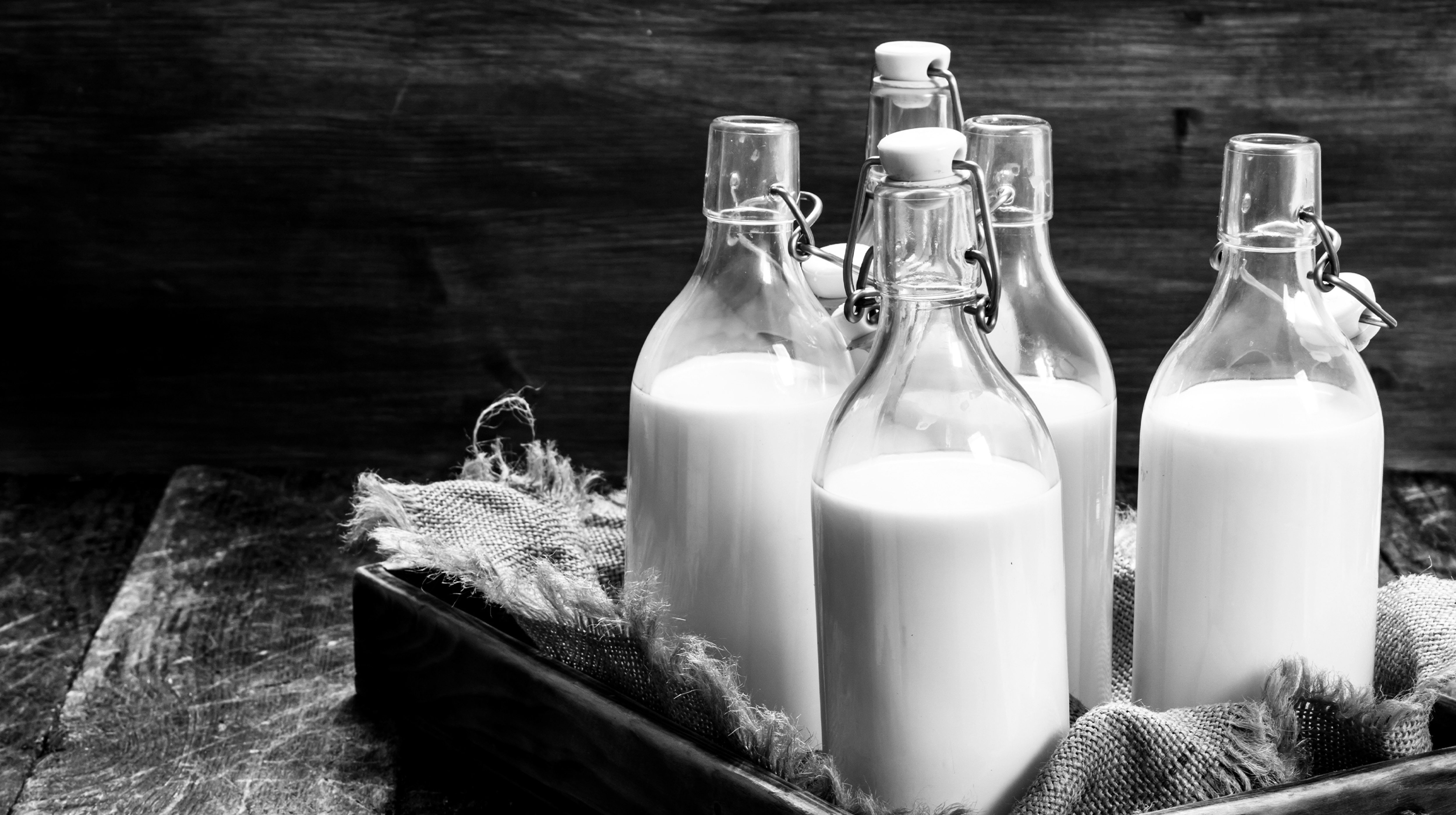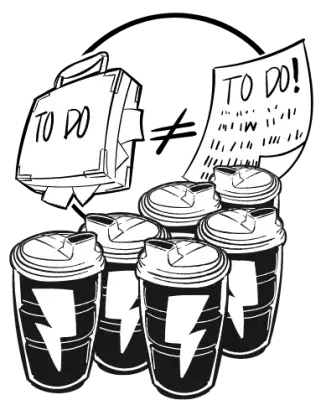
Milk: The Ultimate Rebranding!
Although milk is widely considered America’s drink of choice (21 states made this choice, we checked), getting people to buy milk has always been an uphill battle.
Before the 1800s milk was controversial, it was seen as a lower-status drink only consumed by farmers and in some cultures even considered heathenous. People were only interested in the consumption of dairy products with more longevity like cheese and butter.
When the refrigerator was invented, milk was more widely accepted but not without its issues. The industrial revolution brought malpractice and health concerns to the dairy industry. The swill milk crisis of the 1800s deterred people from drinking milk until the first World War. When food rationing occurred milk was never in short supply. Alongside growing victory gardens, serving your children milk was the patriotic thing to do in American households. Milk was marketed as a health benefit for children and became a staple with the school lunch programs.
Once soft drinks and sports drinks evolved, marketers went to work trying to position drinking milk as cool. Posters of celebrities and sports stars with milk stashes littered lunchrooms and bedroom walls. Although marketers created a well-known campaign, it didn’t so much make kids drink milk as it got them to collect the posters of their idols.
Competing with other drinks continued to surge into 2000s, but wasn’t their only problem. For dairy farmers, and the marketing teams they meet along the way, product differentiation between brands was their biggest hurdle. The only way a brand could leverage product differentiation was by being USDA certified organic or not. Even packaging is boring. Few milk brands skew from the plastic, opaque containers with the square label.
But in the past couple of years, the dairy aisle has transformed.
With the development of plant-based milks brought to us by brands like Ripple, Oatly, Califia and Silk, marketing teams have a blank canvas to work with again. It’s learned from the dairy industry, appealing to younger generations and their health-conscious food trends.
While branding these companies, designers were able to tap into trends of sustainability, minimalism and natural design elements to differentiate their look from one another. No longer were each brand of milk in nearly identical packaging, they experimented with different shapes, colors and materials. Copywriters could now tap into superfoods and clean eating messaging. Especially in the last year and change when a certain global pandemic that shall remain nameless has left us all paying more attention to our health and well-being.
Not only is plant-based milk dairy milk’s cooler, younger alter-ego, the product differentiation between plant-based brands is exponential compared to dairy because the only thing they have in common is that they are an alternative to dairy. From hemp to cashew to pea milk, their varied ingredients list gives them a slew of individualized talking points.
So is this the final nail for dairy milk or will dairy milk only stand out as more brands step into the plant-based milk game? Could dairy milk rise to the occasion and innovate their brands to out-milk the plant-based brands? Only time will tell.
For more in the rebranding series, read Witchcraft: The Ultimate Rebranding



